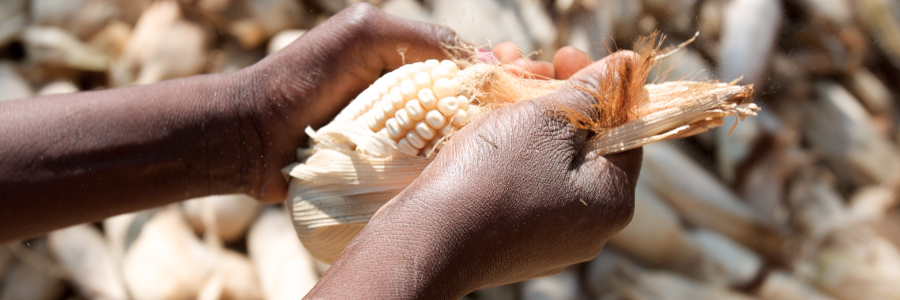Situation
- Chad is a low-income, land-locked country that suffers from chronic food insecurity due to the effects of regional conflict, frequent drought, lack of income-generating opportunities and limited access to social services. An estimated 4.7 million people in Chad require humanitarian assistance, including approximately 3.5 million food-insecure individuals.
- An estimated 500,000 refugees and internally displaced persons (IDPs) reside in Chad as a result of ongoing violence in the region, primarily in the Central African Republic (CAR), Nigeria and Sudan. The influx of Chadian returnees from conflict-affected countries also strains local resources and contributes to increased food insecurity among vulnerable communities.
- ccording to the Famine Early Warnings Systems Network (FEWS NET), poor households in Bahr el Ghazel, Kanem, Guera and Wadi Fira are experiencing Crisis (IPC 3)* levels of food insecurity after having exhausted food stocks earlier than usual in the lean season. FEWS NET projects that these levels will persist until the main harvest season begins in September. Without humanitarian assistance, populations in the Lac Region would likely be experiencing Emergency (IPC 4) levels of food insecurity due to population displacement and conflict.
Response
- The Office of Food for Peace (FFP) partners with the UN World Food Program (WFP) and the UN Children’s Fund (UNICEF) to provide emergency food and nutrition assistance to vulnerable, food-insecure Chadians and refugees from Sudan, Nigeria and CAR.
- FFP provides in-kind food assistance through WFP to support general food distributions and supplementary feeding, and food-for-assets programs. Natural resource management and crop-storage activities enable vulnerable communities to better withstand future shocks. FFP supplements in-kind food assistance with locally procured food, cash transfers and food vouchers, supporting local agricultural production and markets where possible.
- With support from FFP, UNICEF provides ready-to-use therapeutic food to treat children with severe acute malnutrition. UNICEF also collaborates with regional health authorities to improve malnutrition treatment services in Chad.
Original source: Reliefweb.
Posted on 24 August 2017.

